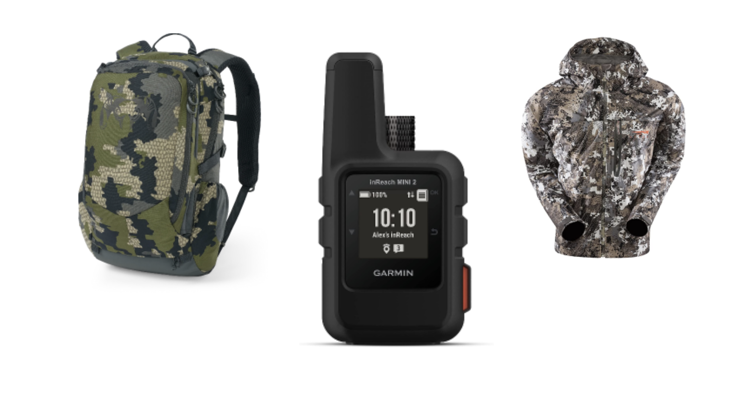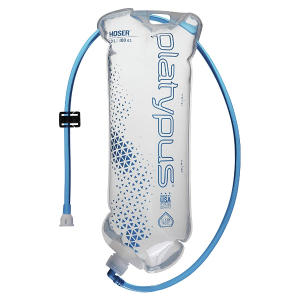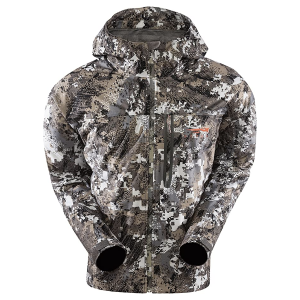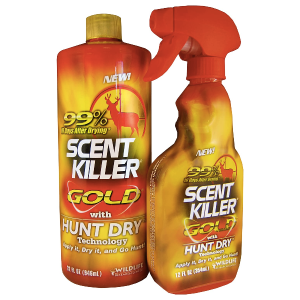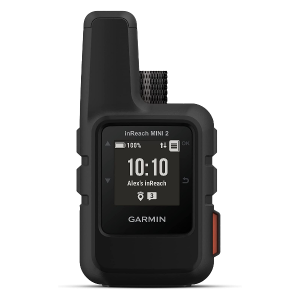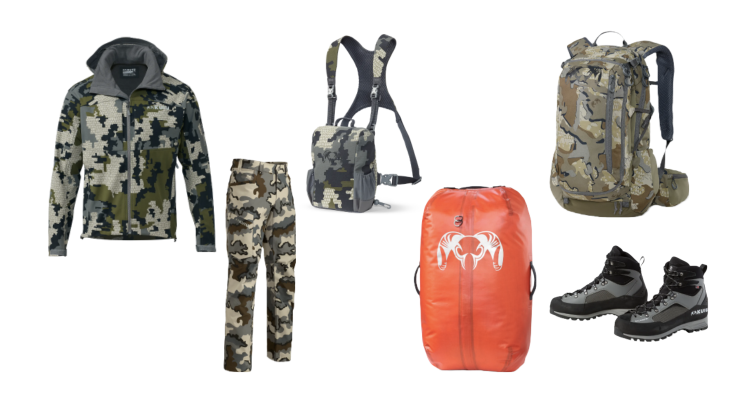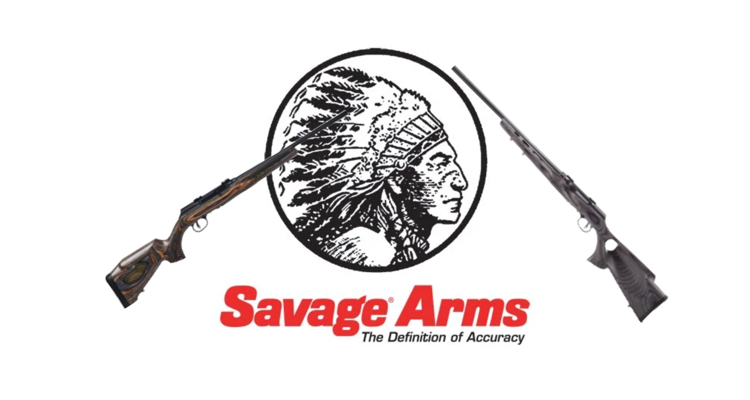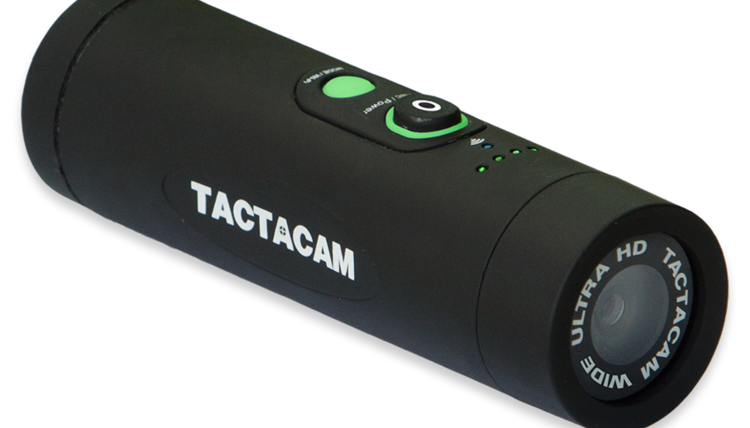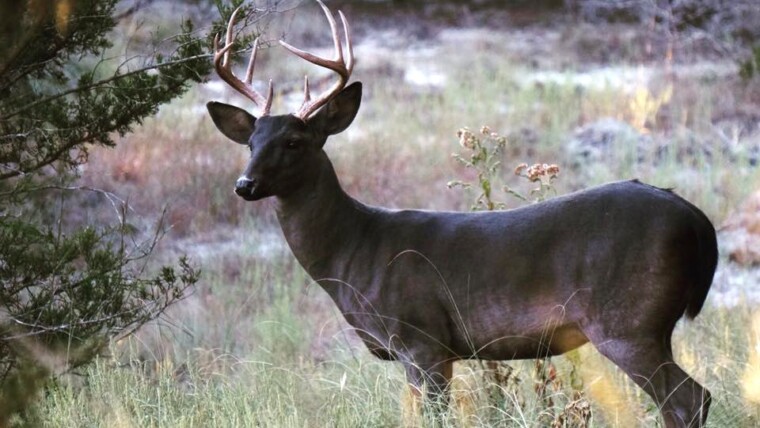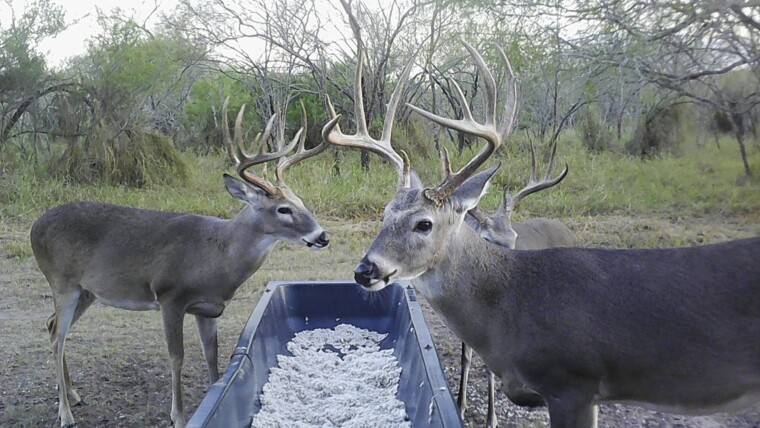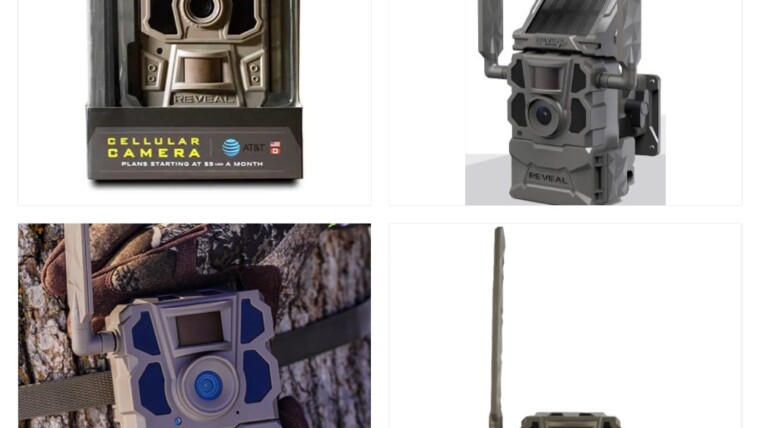Putting together a reliable deer hunting packing list can be somewhat difficult as you’re trying to balance what you need vs. what you can bring. There’s a lot of really nice hunting gear out there, and many of the items do make things easier, however space is limited and essentials are key.
Of course, deer hunting is the most popular area of hunting in the United States, and as a result you’re going to find that deer hunters exist across the country This leads me to state the obvious – not all hunters are going to need the same items in their hunting pack. Temperature, terrain, distance, etc. are ultimately going to determine what you need, and you should cater your pack to your surroundings.
While this list isn’t going to perfectly summarize the ultimate hunting pack for every deer hunter out there, it can be used as a guide and checklist when determining what to bring for your next hunting adventurer. I use similar lists like this before packing for weekend hunts, and as a result, it’s prevented me from leaving essential gear behind.
What To Pack For Deer Hunting – 10 Pieces Of Gear
The list is going to answer your question of “What To Bring On A Hunting Trip?”:
1. Hunting Backpack
Before you start trying to figure out what to pack, it’s probably best to actually have something to pack your gear in. Having a comfortable, yet durable hunting backpack that’s geared towards your hunting style can really make or break the trip. Now, here’s the tough part – sorting through all those options from some of the top hunting pack brands on the market today. Try your best to gauge the pack’s main purpose, how much gear it can hold, and how comfortable it is. By doing this, you’ll make a more sound purchase.
If you’re in search of an extremely durable daypack, take a look at the KUIU Divide 1200.
2. Optics
Whether you’re bow hunting in the in the pines of Georgia or you’re out West trying to spot a huge Muley, you’re going to need bring some optics on your hunting trip. Of course, the type of optics you bring is going to depend on the weapon you’re using and the terrain you’re hunting in.
Having a basic rangefinder and pair of binoculars will most likely get the job done for bowhunters and those hunting in close quarters. However, if you’re going to be hunting on public land over miles and miles of terrain, you’re going to need a powerful rangefinder and good pair of binoculars, and even a reliable spotting scope to get the job done.
If you’re in search of a good pair of optics, I’ve listed a link to the most popular hunting optics on Amazon!
3. Hydration Pack / Water Bottle
Back in the old days, packing a hydration pack or water bottle wasn’t all too common of a thing, but now hunters are starting to realize how important hydration is. Carrying gear to and from your stand, or stalking all day can quickly drain your body, and having a close source of water is essential for continuing on.
Today, most hunting backpacks have separate compartments conveniently built specifically for hydration bladders or standard water bottles. These designs not only let you easily access your water, but they also keep these items separated from your other gear. Nevertheless, having water available before, during, and after your hunt is a must-have.
From my standpoint, the most durable hydration pack I’ve tested is the Platypus Hydration Bladder. It is not only super reliable, but very easy to pack and clean.
4. LED Flashlight
Every hunter knows that a good percentage of deer hunts start and end when the sun isn’t up. Finding your way to a stand or field dressing that big buck isn’t going to be easy unless you have a good LED flashlight or headlamp ready to go.
Like anything, the number of options available for this particular category is nearly too many to count. There are so many variations out there that offer different battery life lengths, lumen amounts, bulb features, etc. Of course, the higher the budget the more features you’re going to receive.
From my perspective I would focus on two things – battery life and water resistance. Knowing these two characteristics will help you narrow down the options and pick the best possible headlamp that matches up with your hunting style.
Also, if you’re in search of a new headlamp for this upcoming season, I’ve listed a few of the top headlamps from Cabela’s.
5. Rain Gear
For those deer hunting early season, and especially for those public land guys that go for days at a time, it’s essential to have some good rain gear in your hunting backpack.
Rain gear isn’t always the first thing hunters think about when putting together their hunting pack. And to be honest, I don’t really blame them. Most of the time, your rain gear is going to set their month after month serving no purpose at all.
However, when the time comes, there’s really no way to continue the hunt with any comfort or convenience without rain gear. Furthermore, according to Grandview Outdoors, hunting in the rain has the advantage of washing away human scent. Now, why would you pass up a good opportunity like this just because you weren’t prepared?
In case you’re looking for a top option, I would recommend the Sitka Downpour Jacket. It’s one I personally own and used for the past 5 hunting seasons.
6. Hunting Knife
Too many hunters spend all their time and money focus on the before and during of a hunt, and they forget about the after. When you’ve taken down that big buck and it’s really time to get to work, you’re going to need a good hunting knife available within your hunting pack.
When packing your hunting knife, make sure the knife is in a secure and safe location, away from anything delicate. Many hunting packs have convenient straps that easily hold your hunting knife in its sheath so it doesn’t interfere with anything else. The last thing you need is an unsecured knife that might damage your gear, or worse, hurt you while you’re out in the woods.
In case you’re looking for a new hunting knife that can do it all, I would recommend the Outdoor Edge Razorlite EDC as its Japanese stainless steel blades comes with multiple replacements in one single package.
7. Scent Control Sprays
While packing a scent control spray isn’t standard for many deer hunters, having something like this in your pack is a must-have just in case wind conditions change.
Of course, properly washing and spraying down your gear before you enter the woods is best practice, but you never know when you’ll need a little extra help. By having a standard scent eliminator spray or scent cover-up handy, you put yourself in the best possible position to not be detected.
Call me old-school, but I still use Wildlife Research’s Scent Killer as it’s shown the most success in my several years of hunting. For anyone else using something different, leave a comment below with the type of scent control spray you use.
8. Backup Gear
Many of the items listed above are going to serve a single purpose within your hunting pack, and will most likely last for your entire hunting trip. However, it’s best not to forget that “extras” or “backups” are another must-have when it comes to your hunting packing list.
To quickly get to it, I’ve listed some hunting gear that you might need backups for:
- Bow Releases
- Gloves
- Socks
- Optics Cleaner / Cloth
- Map
- Batteries
9. Radio / GPS Unit
Most hunters do not hunt with others, and they routinely hunt far away from where other hunters are. As a result, it’s important to have some sort of radio or GPS communicator unit at your side in case anything happens.
You might be thinking, “It’s ok, I have a cell phone”. But again, if you’re hunting in remote areas this isn’t the most reliable thing to have for communication to the outside world. For this reason, I’d recommend at minimum a radio unit that can access emergency signals. And for those individuals that really hunt in far away areas, take a look at today’s new satellite communication devices made specifically for hikers and hunters.
For the most convenient and highly-reviewed satellite communicator, I’d recommend taking a look at the Garmin inReach Mini 2.
10. Food / Snacks
Similar to the section above noting the importance of staying hydrated, it’s a must that hunters remain energized especially if they are hunting for extended periods of time.
The best part of this section is the advancements made in outdoor nutrition. Not only have companies improved the construction of these food items when it comes to nutrition and convenience, but they also taste great too!
I’ve listed a few of my favorite outdoor meals and outdoor snacks that I go back to routinely whether I’m out in the woods for a day or a week.
Packing For The Different Seasons
Fall Hunting Season
Packing for the early part of a hunting season isn’t the easiest thing to do. Depending on your location, you might be hunting in 90 degree temperatures at the very start with things quickly changing as Fall approaches. Furthermore, temperatures do you change more rapidly from early mornings to midday to late evenings so you need to be prepared.
To combat these changing temperatures, the best thing you can do is pack multiple layers of clothing (and don’t forget that rain gear). Of course, by bringing extra layers you’re going to need extra room. Having a roomy hunting pack with multiple pockets will help you easily find and put on extra gear without causing too many issues.
Lastly, it’s important to stay hydrated and bring plenty of water if you’re hunting in temperatures of 70 degrees or more!
Winter Hunting Season
While packing for Fall hunting season can be difficult, Winter doesn’t provide many advantages. Of course, it’s nice to know temperatures fluctuate a little less but you might find yourself getting pummeled by conditions such as snow, sleet, rain, etc. more during this time of the year.
As mentioned earlier, the key thing to pack for Winter conditions is additional layers. During the last few months, you might find it beneficial to pack a tougher outer shell of clothing in case conditions worsen and your mid-layer just isn’t doing the job.
Lastly, while it’s not super common, emergency situations do happen and when you’re in the cold you have to prioritize your body’s heat loss. Bringing an extra pair of thicker socks, gloves, or beanie might be needed if temperatures drop suddenly, and don’t forget about electric handwarmers or heat packs just in case.
Top 5 Things To Avoid Packing While Hunting
When you’re packing to go hunting, make to avoid these items at all costs. Bringing such things might alert deer to your presence, ultimately costing you a good hunt.
- Deodorants / Cologne / Scented Lotions
- Smelly Foods
- Shiny Jewelry
- Standard Clothing (Anything washed in detergent or fabric softener)
- Loud Gear (Anything that can make noise while entering the woods, e.g. metal water bottles)
FAQs About Deer Hunting Packing Listsd
How Heavy Should Your Hunting Pack Be?
According to REI, a backpack should not be more than 20% of your bodyweight. While this might not apply to every hunter, it’s something to keep in mind for those hunting for deep in the woods for multiple days. Additionally, I’d recommend keeping any backpack under 15 lbs. if you’re hunting out of an elevated blind or treestand. Hoisting this much weight up via a rope can be problematic if not managed carefully.
How Do I Choose A Hunting Backpack?
Choosing a hunting backpack can be a relatively difficult process and one that requires a lot of analysis depending on the style of hunting you’re doing. If you review any top backpack manufacturers website, it’s relatively easy to see who the pack is designed for. However, to make the process a little more simple, I’ve listed out some basic questions to help you get started:
- Where are you hunting?
- Are you hunting for extended periods of time or overnight?
- How long will you be carrying the backpack?
- What time of gear do you need?
- How much gear do you need to bring?
How To Pack A Hunting Backpack?
The number one thing to remember when packing a hunting backpack is to keep…
Efficiency, convenience and comfort in mind
Backpacker
Whether you’re hunting for a day or a week, it’s important to keep those items you routinely need in the outermost pockets for convenience purposes. Any items that might be used more sparingly, or heavier items should be place in the bottom of the bag close to your lower back.
For a more detailed summary and video of how to pack your backpack, check out this article by Backpacker.

